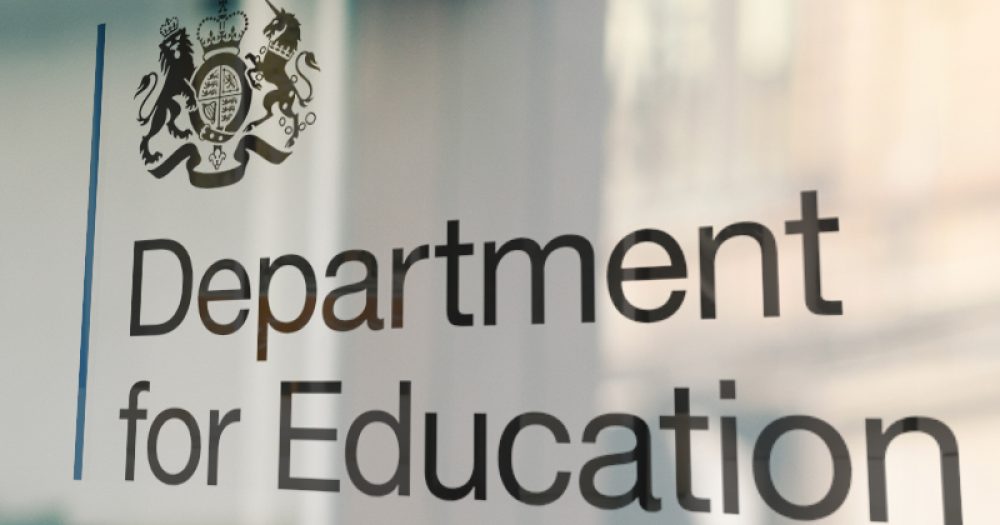The Department for Education has launched a consultation on proposals to officially label some pupils as coming from “ordinary working families”.
The consultation, published today, proposes to collect and analyse data on families earning below the median income level, but whose children don’t qualify for free school meals.
Initial analysis by the government suggests that around a third of children are from these families.
By finding out more on the educational outcomes of these children the government states it will have the “necessary insight” to “better inform policy making”.
A key question in the consultation is whether or not groups on modest incomes should officially be labelled as “ordinary working families”.
The document also asks for ideas on how best to create a database which will enable easier analysis of educational outcomes for children from these households.
The intention is to publish these measures alongside those for children on free meals and pupils with special needs.
Creating such a dataset requires the linking of pupils data with information on their parents’ income. The consultation invites views on how officials can best achieve this.
The consultation also ties in with Theresa May’s pledge to help “just about managing families” which featured in the Schools that Work for Everyone green paper.








How much does this cost then?
Exactly. It’s a waste of time and money. The definition is only required to shore up the grammar school policy on which the DfE has already made up its mind. The sham consultation into ‘Schools that Work for Everyone’ (an oxymoron,surely, as it proposes a policy on selection which may advantage a few but disadvantages the many) hasn’t been published. And the shadowy Selective Education Team at Number 10 has been busy meeting representatives from the Grammar School Heads Association to discuss, among other things, the next steps on ‘Lifting the ban on Grammar Schools’ (See GHSA Spring newsletter).
http://www.localschoolsnetwork.org.uk/2017/03/exclusive-grammar-schools-dominated-dfe-meetings-during-and-after-consultation